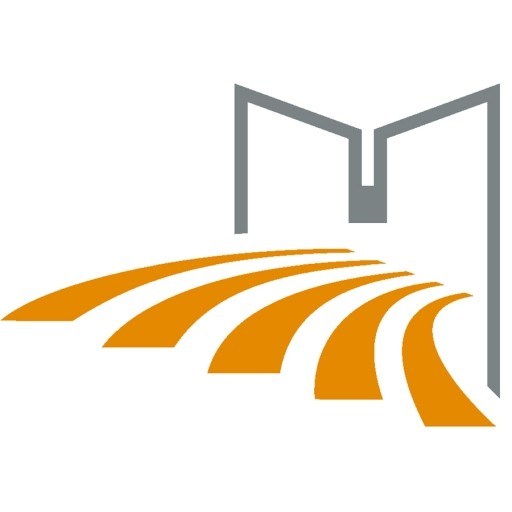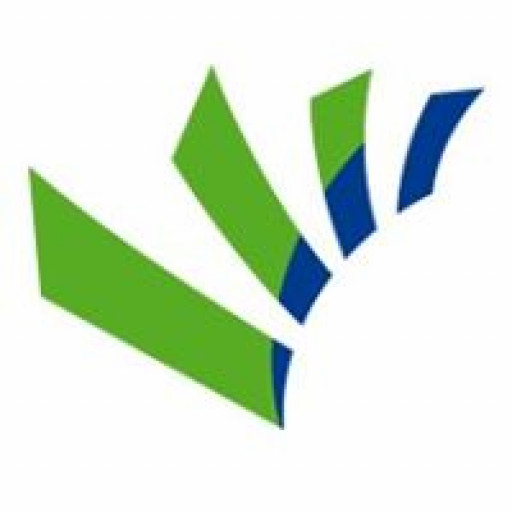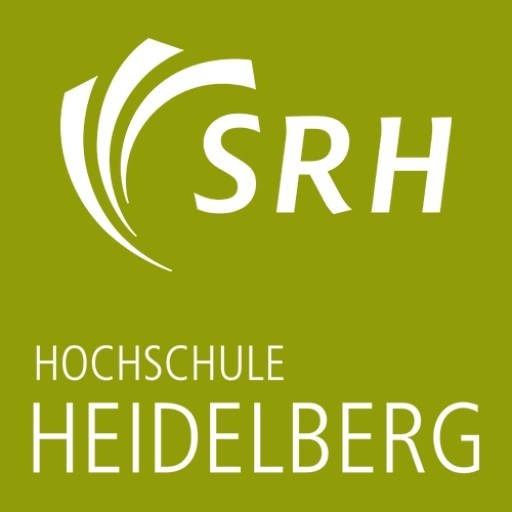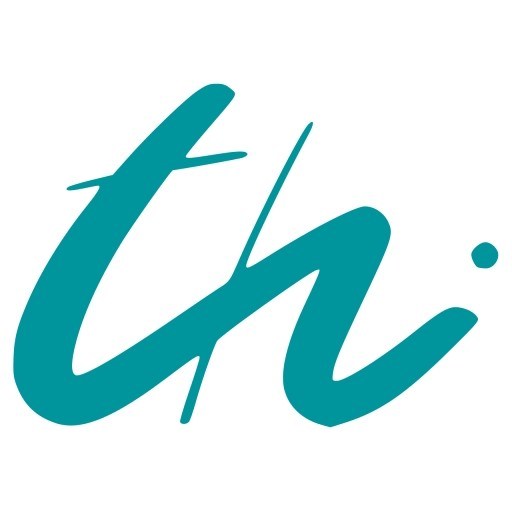The Bachelor's degree program in Computer Science at the University of Passau offers a comprehensive education designed to prepare students for a variety of careers within the rapidly evolving field of information technology. This program combines theoretical foundations with practical skills, ensuring that graduates are well-equipped to meet the challenges of contemporary software development, data analysis, and system design. The curriculum covers essential topics such as algorithms, programming languages, software engineering, databases, computer networks, operating systems, and security. Students also have the opportunity to specialize in areas like artificial intelligence, machine learning, human-computer interaction, and multimedia computing through elective courses.
The program emphasizes both individual and collaborative work, encouraging students to develop problem-solving abilities and innovative thinking. It features a mix of lectures, seminars, laboratory work, and project-based assignments, fostering a hands-on learning environment. Students participate in projects that simulate real-world scenarios, gaining valuable experience in designing, implementing, and testing computer systems and software solutions. The program also includes opportunities for internships and industry collaborations, enabling students to apply their knowledge in practical settings and establish professional networks.
Furthermore, the Computer Science bachelor's program at the University of Passau emphasizes interdisciplinary thinking. Students are encouraged to explore connections between computer science and other fields such as mathematics, engineering, and business, broadening their perspectives and enhancing their adaptability in multidisciplinary work environments. The university provides modern facilities and access to cutting-edge research, allowing students to stay abreast of technological advancements and participate in innovative projects.
Graduates of this program are prepared for a broad range of career paths, including software development, system administration, data analysis, cybersecurity, research, and academia. They are also equipped with the skills necessary for further education, such as pursuing a master's degree in advanced areas of computer science or related disciplines. The program at the University of Passau aims to foster critical thinking, digital literacy, and a lifelong learning mindset, ensuring students can thrive in the dynamic digital economy and contribute to technological progress and societal development.
Educational organisation
Please visit the following links for details on the modules taught and the programme structure:- If you wish to study the programme entirely in English, please see:
- If you wish to study the programme in German or German and English, please see:
Internships
There is no formal internship requirement for students completing this programme.If you wish to complete a voluntary internship, you are responsible for searching for an internship, clarifying the outline and making all necessary arrangements. We recommend that students complete an internship, as it allows them to gain valuable work experience in a selected occupational field whilst still at university, while at the same time offering them the opportunity to apply their knowledge and skills acquired in their studies. This also allows them to reflect upon their career aims and establish contact with potential future employers.
Your primary contact for all employment-related matters is the Careers Service.
For more details, please see: http://www.uni-passau.de/en/careerservice/.
Forms of assessment
Courses and seminars operate on the assumption that students will do a good deal of preparation and follow-up work outside of the classroom. They will receive some support from the respective lecturers but, nevertheless, conduct this work independently.Modules are assessed during or at the end of each semester. European Credit Transfer and Accumulation System (ECTS) credits are awarded when the respective module has been passed and the required coursework submitted. Assessments and coursework are usually graded. The forms of assessment include written and oral examinations, student presentations and written reports, essays and papers, or a combination of the above. A thesis must be written as part of the programme.
Course objectives
Graduates are able to define, autonomously and comprehensively, computer science problems and their applications, structure them, and build abstract models. Moreover, they are able to define and implement solutions that are at the state of the art of technology and science.Continuous technological change and innovations create new, attractive lines of work in trade and industry, the service industry, financial and consulting sectors, public administration, and in the field of research. A Master's degree in computer science qualifies you for executive-level posts in industry. Alternatively, you may continue with your academic career by engaging in doctoral research.
Language requirements
English or German skills- English language certificate at level B2 CEFR
- German language certificate at level B2 CEFR
Academic requirements
A first university degree (e.g., Bachelor's degree) in computer science, internet computing, or a related discipline with a minimum computer science content of 110 ECTS credits, obtained after completing a three-year full-time undergraduate programme. This degree should be ranked among the best 70% of your cohort, or with a final result of, or equivalent to, 2.7 (or better) on the German marking scale.For an overview of the German marking scale, visit http://www.uni-passau.de/en/international/coming-to-passau/information-for-new-students/marking-system/.
Enrolment fees
The enrolment fee amounts to 70 EUR per semester. This comprises the student association contribution of 52 EUR and the semester bus pass, which costs 18 EUR.Costs of living
As a bare minimum, you should budget for about 660 EUR per month for accommodation, food, transport and other activities. Your actual expenses will vary depending on your lifestyle. Here is a breakdown of typical monthly expenses:Rent: 180-350 EUR
Food: 150-250 EUR
Public transport: included in the semester contribution
Books/other: 50-100 EUR
Job opportunities
For international students, a dedicated career adviser is on hand. The iStudi Coach will answer all of your questions about finding work or placements in Germany or abroad.http://www.uni-passau.de/en/istudi/
Please note that students from non-EU countries must apply for a work permit at the national job centre if they would like to work more than 240 half-days per year. Students from EU member countries do not require a work permit.
Funding opportunities within the university
In general, scholarships are awarded on the basis of academic performance; applicants' financial situations are only taken into consideration to a minor degree and scholarships (especially those from the university) are not usually awarded before the commencement of studies. If you intend to apply for a scholarship while you are still in your home country, please contact the German Embassy or the German Consulate at your earliest convenience.http://www.uni-passau.de/studium/waehrend-des-studiums/kosten-finanzierung/stipendien/
Arrival support
Twice a year, at the beginning of each semester before lectures start, the International Office holds orientation weeks for new international students. These are designed to help students settle in, make new friends quickly, and get to know important contact people. All international exchange students are required to attend the orientation weeks, and attendance is strongly recommended for international degree-seeking students.More details: http://www.uni-passau.de/en/intl-orientation-weeks/
Services and support for international students
The International Office provides advice, information and assistance. Under the student buddy scheme, each international student is paired off with a German student buddy who helps the international student with all organisational and personal matters.For more information, please see http://www.uni-passau.de/international or e-mail international@uni-passau.de.
Accommodation
Most students in Passau live in privately rented flats, often shared with other students. A number of rooms are also available in our halls of residence. Some of these halls of residence are within walking distance of the university and others are more conveniently reached by bicycle or bus. However, all of our halls of residence are less than thirty minutes from the university.A room on the private market costs about 200-350 EUR a month. Landlords usually require a deposit of one or two months' rent when you move in, which will be returned to you at the end of the rental period, provided you leave your room in good condition.
The International Office can arrange for accommodation for either six months (one semester) or one year (two semesters). However, this service is subject to availability.
Rooms in halls of residence cost 200-270 EUR per month. These are fully furnished, with kitchen and bathroom facilities.
For more details, see: http://www.uni-passau.de/en/study/campuslife/accommodation/.










